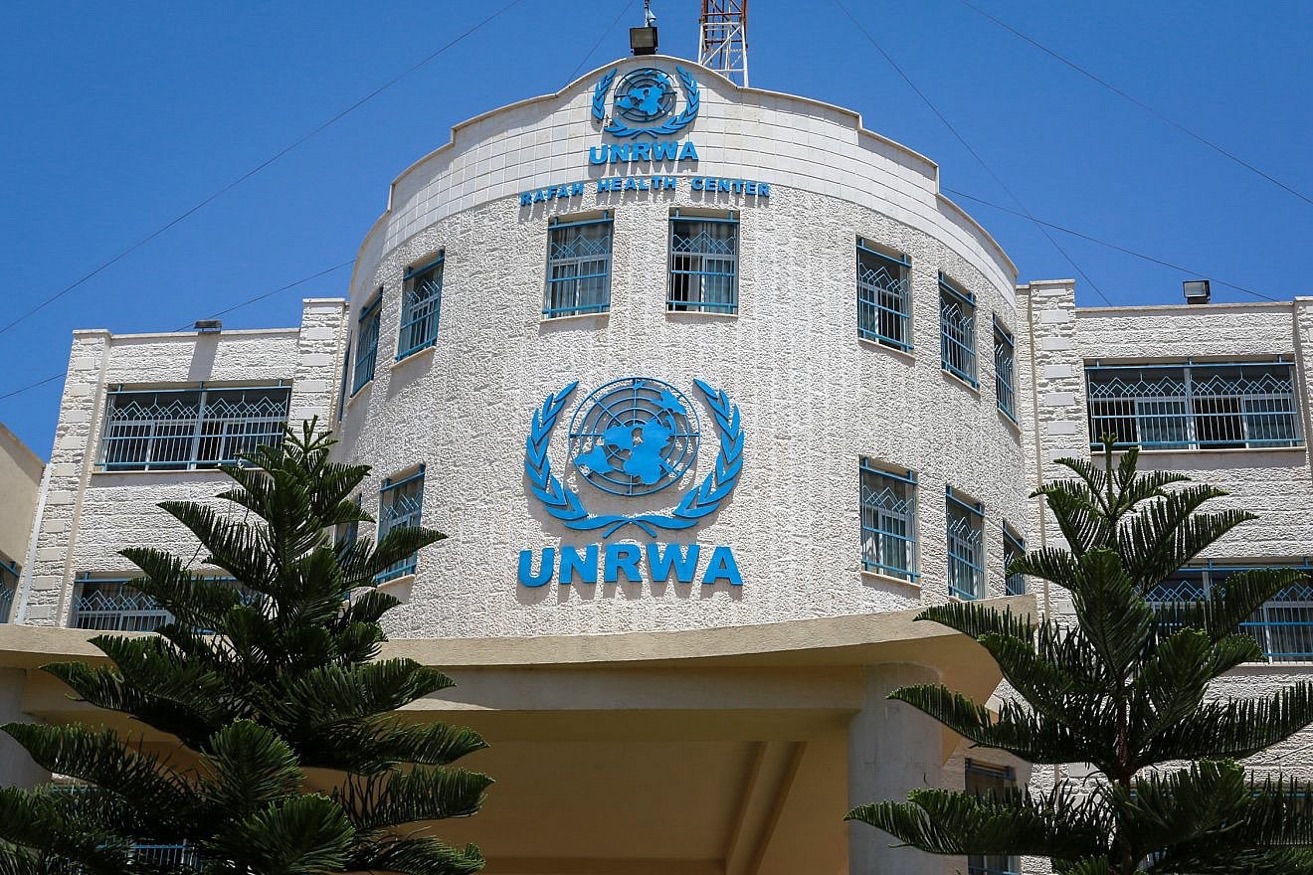In a significant turn of events, several countries, including the United States, Germany, and Austria, have suspended funding to the United Nations Relief and Works Agency for Palestine Refugees in the Near East (UNRWA). This decision stems from allegations of involvement of some UNRWA staff in the Hamas attacks of October 7. The suspension has raised concerns about the impact on humanitarian operations in Gaza, where UNRWA plays a crucial role in aiding millions of displaced people.

Background on UNRWA’s Role and Funding
The United Nations Relief and Works Agency for Palestine Refugees in the Near East (UNRWA) was established in 1949, following the Arab-Israeli conflict. It serves millions of Palestinian refugees in Gaza, the West Bank, Jordan, Lebanon, and Syria, providing critical services like education, healthcare, and emergency relief.
Historically, UNRWA’s funding has come from voluntary contributions from UN member states, with the European Union and its member states, the United States, and the Gulf countries being significant donors. The agency’s operations are crucial for millions, particularly in Gaza, where a significant part of the population depends on its assistance for basic needs.
Allegations Against UNRWA Staff
The current crisis erupted when allegations surfaced about the involvement of several UNRWA staff members in the Hamas-led attacks on Israel on October 7. These allegations, brought forth by Israel, have led to a rigorous investigation by the UN. The severity of these accusations has raised questions about oversight and accountability within the agency.
Countries Halting Funding
Reacting to these allegations, several countries, including the United States, Germany, Canada, the UK, and Austria, have suspended their funding to UNRWA. Each country cited the need for a thorough investigation and clear accountability before resuming financial support. This collective withdrawal represents a significant portion of UNRWA’s budget, raising alarms about its ability to continue operations.
• United States: Suspended funding due to allegations against UNRWA staff in the October 7 attacks.
• Germany: Joined the suspension, emphasizing the need for a thorough investigation and accountability.
• Canada: Funding pause announced, with a focus on addressing the allegations.
• United Kingdom: Funding suspension in response to concerns over staff involvement in attacks.
• Austria: Funding halt pending the outcome of investigations into the allegations.
• Italy: Suspended funding, awaiting further clarity and investigation results.
• Netherlands: Funding contributions halted, citing reasons similar to other countries.
• Switzerland: Paused funding, reflecting the gravity of the allegations.
• Australia: Joined in suspending funding as part of the international response.
• Finland: Announced a pause in funding, pending the investigation’s outcome.
• France: Funding suspended, stressing the need for a comprehensive investigation.
Unconfirmed;
• Japan
• Sweden
• Iceland
• Japan
• Estonia
Impact on Humanitarian Efforts
The funding suspension comes at a critical time for Gaza, which is already reeling under severe economic and political stress. The potential reduction or halt in UNRWA’s services could lead to a humanitarian crisis, affecting healthcare, education, and food security for millions of refugees. The agency’s role in providing stability and support to this population is indispensable, particularly in areas with high refugee concentrations.
Historical Insight
UNRWA has previously faced criticism and challenges. In past years, it has navigated through funding cuts and political pressures, particularly from countries that questioned its role and approach in the Palestinian-Israeli conflict. The agency’s resilience and adaptability have been evident in how it has managed to sustain operations despite these challenges.
The suspension of funding to UNRWA by multiple countries over allegations of staff misconduct presents a precarious situation. Balancing the need for accountability within international organizations with the dire necessity of humanitarian aid in conflict zones is a delicate task. This development brings to the forefront the critical role of international cooperation and diplomacy in resolving such crises, ensuring that the needs of millions of vulnerable individuals are not overshadowed by geopolitical tensions.























+ There are no comments
Add yours